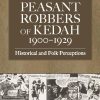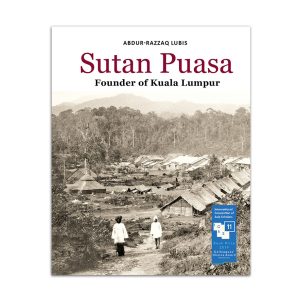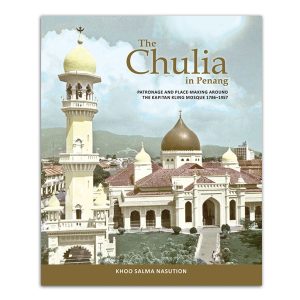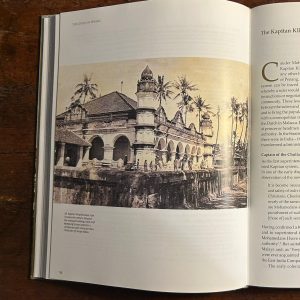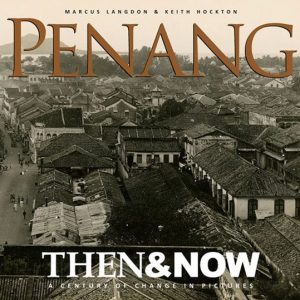In the early twentieth century, social banditry was endemic in the countryside near the border between the northern Malaysian state of Kedah and Siam, and some outlaws became local heroes. Cheah Boon Kheng’s account of peasant banditry and the society where it flourished draws on colonial records, literary sources and interviews to examine the circumstances that led the Governor, Sir Laurence Guillemard to call the border area “one of the most lawless and insecure districts” in British Malaya during the 1920s. Considering banditry from the perspective of the peasant community, Cheah concludes that it grew out of lax government, weak policing, the geography of the border region and underdevelopment, and suggests that bandit heroes might be seen as symbols of rural protest. His discussion of the details of rural life in the early twentieth century and the conditions that underlay rural crime provide a unique social history of rural society in Malaya.
This innovative volume broke new ground in Malaysian studies when it first appeared in 1988. It is now reprinted for a new audience.
Cheah’s stimulating book makes a valuable contribution to the growing but still insufficient literature on Malaysian social and working- class history.
– Craig A. Lockard, University of Wisconsin, Green Bay
…this book makes a significant contribution to the literature on Southeast Asian history, politics, and law; it should be of interest both to Southeast Asianists and to others concerned with peasantry and problems of law and order in the broadest sense. – Michael G. Peletz, Colgate University
Cheah Boon Kheng retired as Professor of History at Universiti Sains Malaysia in Penang in 1994. He is currently a vice president of the Malaysian Branch of the Royal Asiatic Society and editor of the society’s journal.


